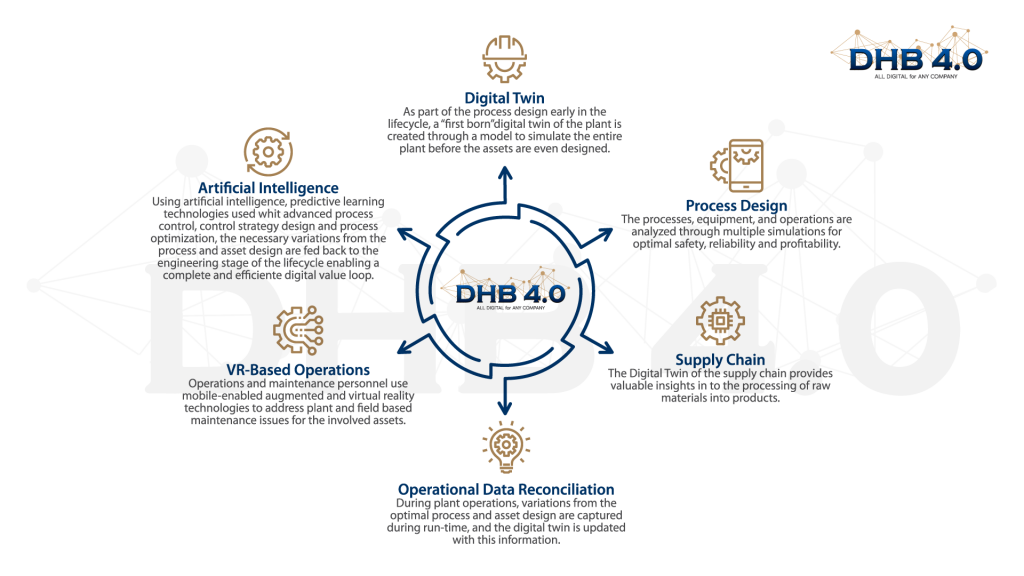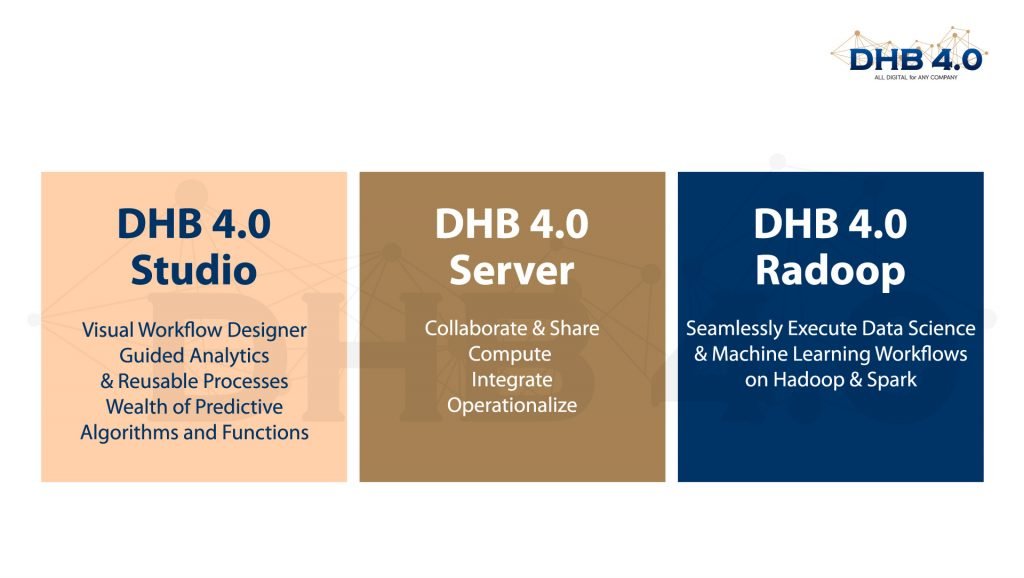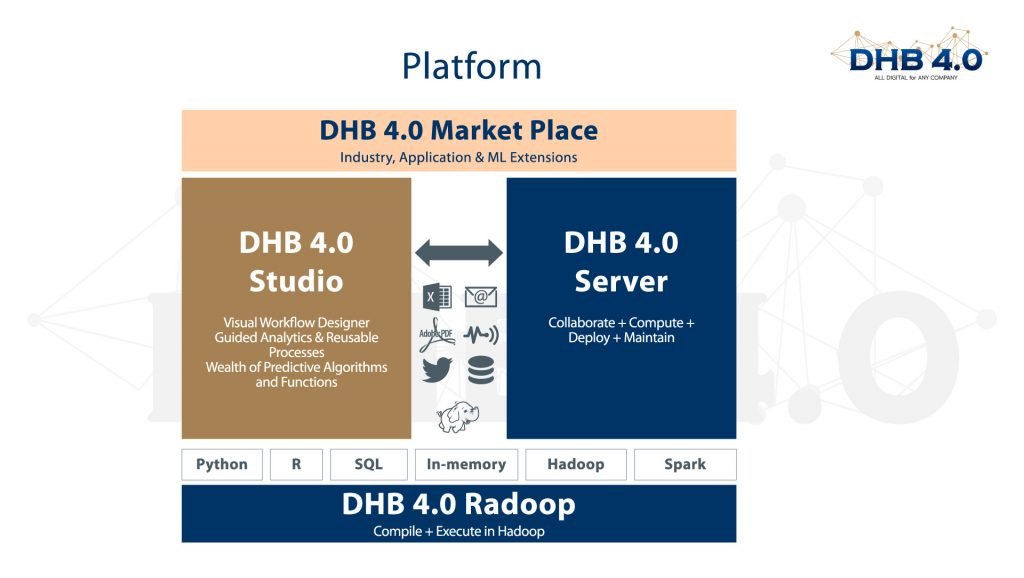Data science is shifting towards a new paradigm where machines can be taught to learn from data to derive conclusive intelligent insights. Artificial Intelligence is a disruptive technology that collates the intelligence displayed by machines mimicking human intelligence. AI is a broad term for smart machines programmed to undertake cognitive human tasks that require judgment-based decision-making.
With all the hype and excitement surrounding Artificial Intelligence, businesses are already churning data in massive quantities over call logs, emails, transactions, and daily operations. Machine learning (ML) is a dynamic application of artificial intelligence (AI) that empowers machines to learn and improve model accuracy levels. Machine Learning is categorized into deep learning, reinforcement learning based on the capability of machine learning algorithms to relearn from experience. Machine learning deploys several theories and techniques from Data Science, which includes, classification, categorization, clustering, trend analysis, anomaly detection, visualization, and decision making.

Modern enterprises seeking to apply for AI advance ahead to digitally transform their business and operational models by leveraging on the following roadmap-
Enterprises need data science know-how to connect data pipelines to analytics and machine learning algorithms. Digital transformation and machine learning move together leapfrogging the entire digital transformation. ML assists to analyse complex data for intelligent insights based on that data to achieve seamless digital transformation.
Access to the right data and analytics tools can greatly enhance decision-making. Machine learning algorithms can process thousands of data points in real-time without the intervention of any human intervention to generate actionable intelligence, for instance, predictive maintenance leverages machine learning to input historical data into the models to analyze failure patterns before they even happen.

Machine learning algorithms learn from existing patterns and data at great speed, something that is impossible when it comes to handling by human-only teams. ML algorithms have an edge over data analysts who may take up months to analyze data, which ML platforms achieve in a mere matter of minutes.
Machine learning algorithms can analyze humongous inflows of data much more than a human could do to potentially help streamline and expedite several digital processes. Besides, machine learning models help to discover data patterns and relationships that may help an enterprise to channelize operational efficiencies and new revenue streams.
Artificial Intelligence has the potential to drive processes at scale to aid enterprises to make informed decisions. AI can be an important tool in the digital transformation process. However, organizations must gain a deeper understanding of use cases and analytics capacities to effectively leverage them for business and process transformations.
In a crux, what is most important for the business is to focus that digital transformation is more about embracing a holistic approach to bring business transformation. Digital transformation is about re-engineering and rebuilding business operations in the era of IoT, analytics, Machine Learning/AI, and cloud, to improve processes, decision outcomes, and customer experiences. This explains why Machine Learning is more relevant to Digital Transformation to automate time-consuming tasks to usher in an era of innovation
Whether you’re a telecom provider, an auto manufacturer, a healthcare organization, or a retailer, if you’re not yet using artificial intelligence (AI), you—and your competition—soon will be.
Companies in every industry are awash in data; now, the challenge is transforming the deluge of data into intelligence that drives competitive advantage and smarter day-to-day business. By 2021, in fact, Gartner projects that 40 percent of all new enterprise applications implemented by service providers will include AI technologies. And while AI is working its way into many software types, from chatbots to security systems, a game-changing area for its use will be big data analytics.

The use of analytics and AI is rapidly expanding, powering the personalized experiences contemporary consumers and business users demand. Taking the methodical approach can help organizations quickly and effectively realize the benefits of AI-related to transforming traditional business intelligence and analytics.
We are in the throes of the digital economy, where both the volume and the sources of data are proliferating at an exponential rate—from consumer devices, appliances, cars, and industrial assets to the Internet of Things—and the list keeps growing.
Big data has simply become bigger than what human workers can handle on their own, particularly with global data stores. According to IDC, companies will be storing more than 100 trillion gigabytes of data by 2025—10 times the amount created in 2016. With all that data, organizations now realize they not only can discover more about consumers, patients, markets, machinery, and anything else that generates data, but they also can predict their behavior. Further, they can take actions that change outcomes for the better, whether reducing customer churn, finding cost efficiencies, or improving diagnosis accuracy.

Suffice it to say that data by itself does not hold much value unless enterprises can harness it to derive real-time, anywhere/anytime insights regardless of where that data resides—whether at the edge, in the cloud, or on-premises. Enterprises that will survive and thrive in this digital economy are those that have a pervasive strategy in place across data, analytics, and AI—the three interconnected categories of technology, along with infrastructure, that is fueling digital transformation. Key to this transformation will be the use of autonomous analytics and machine learning, enabling enterprises to drive greater automation of tasks and derive insights at breakneck speed.

North America: +1 (645) 221.6090
Europe: +351 (920) 799.717
LATAM: +55 (19) 9 8251.9536